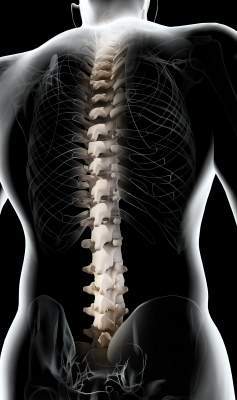
The surgical procedure is part of a randomized controlled study, where the MagnetOs granules will be compared with Autograft in instrumented posterolateral spinal fusion.
The University Medical Center Utrecht (UMCU) in the Netherlands is the principal investigating site for the study.
Kuros Biosciences CEO Joost de Bruijn said: “It is gratifying to see this important trial get underway in spinal fusion, as this area of great medical need is the focus of our commercial activities. The study is expected to generate important data that can help further differentiate MagnetOs and improve outcomes for patients.”
The objective of the study to show non-inferiority with regard to the efficacy and safety of MagnetOs compared to the current gold standard, autograft, which harvests from the patient’s own body, in instrumented posterolateral spinal fusion.
The study has been designed as a patient and observer blinded, controlled, randomized, multicenter clinical trial across five centers with intra-patient comparisons.
One hundred adult patients will be qualified for the posterolateral spinal fusion in the thoracolumbar and lumbosacral region (T10-S2). The endpoint of the study is the posterior spinal fusion rate after one year based on CT-scans.
Kuro Biosciences claims that its MagnetOs promotes local bone formation which is equivalent to the current gold standard, autograft.
MagnetOs is a bone graft substitute, intended to fill bony voids or gaps in the skeletal system and promote bone formation at the implanted site. It features biphasic calcium phosphate with a submicron surface topography that directs bone formation after implantation.
With the submicron surface topography, the graft is claimed to direct early wound healing in the bone-firming pathway which results in osteoinductive claim in Europe. MagnetOs is available as granules and as a putty formulation.






